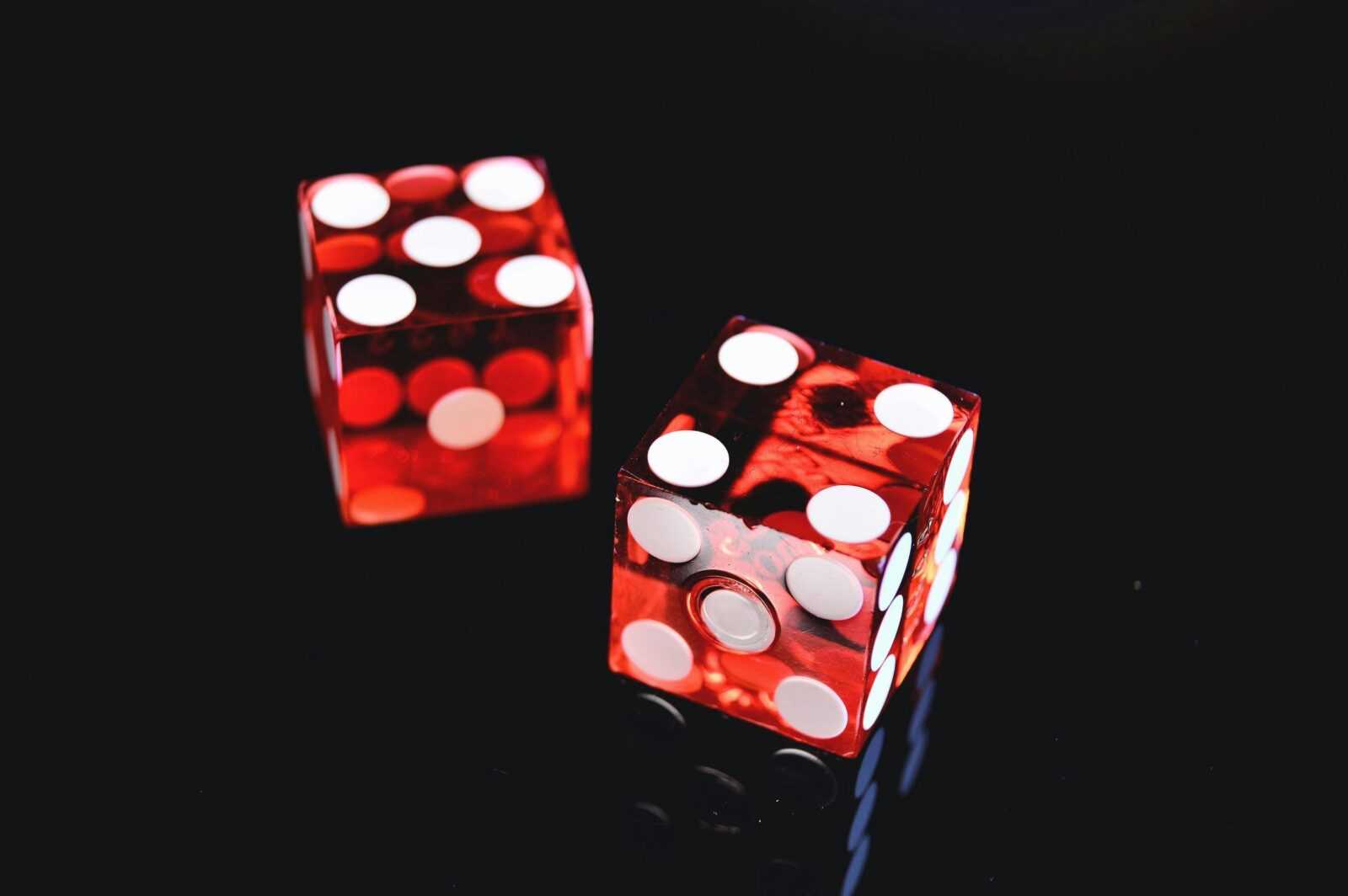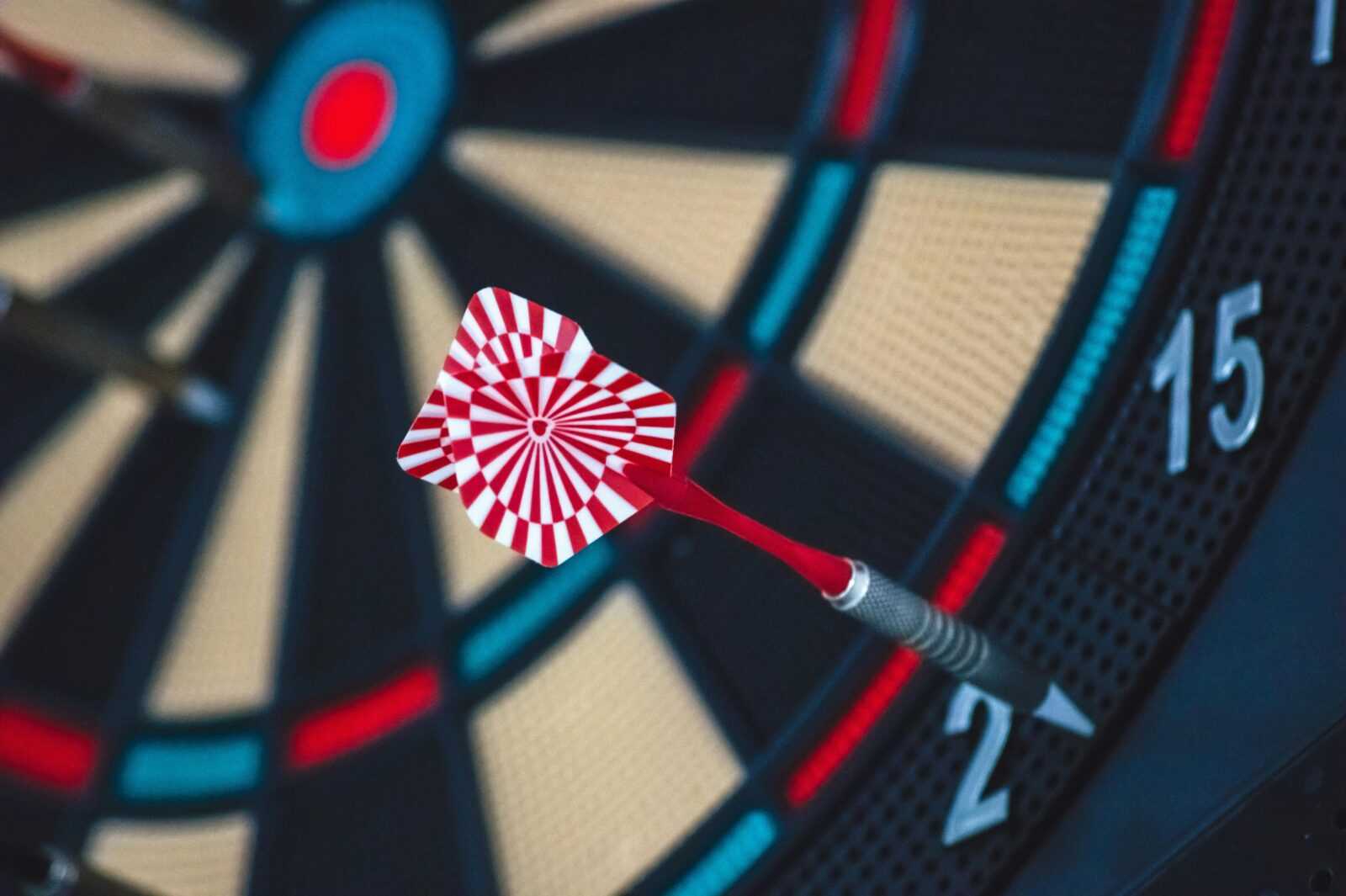
Top Lighting Fortune
Top Gambling Myths Debunked
As someone who’s spent years peeling back the layers of common misconceptions, I find that gambling myths are particularly stubborn. Whether it’s the belief that a lucky charm can influence the outcome of a game, or the idea that all gamblers are bound to face ruin, these myths can skew perceptions and decisions. It’s crucial to challenge these misconceptions, not only to enhance understanding but also to promote healthier gambling habits.
In this exploration, I’ll tackle some of the most pervasive myths surrounding gambling. From the gambler’s fallacy to misunderstandings about the law of averages, I’ll debunk common beliefs that often lead players astray. Armed with facts and a clearer perspective, you’ll be better equipped to approach gambling with a critical eye. Whether you’re a casual player or a seasoned bettor, understanding the truth behind these myths can profoundly impact your gaming strategy and enjoyment.
Understanding Gambling Myths
In this section, I’ll explore the origins and reasons behind the persistence of gambling myths. These misconceptions shape how players approach games and often impact their decision-making processes negatively.
The Origins and Evolution
The roots of gambling myths trace back to the early days of gambling itself. Initially, these myths arose from a misunderstanding of how probability works and the human inclination to find patterns even where none exist. Over time, these beliefs were handed down through generations, becoming ingrained in the gambling culture. A classic example includes the “hot hand fallacy,” where players believe that winning streaks provide insight into future outcomes. Just as games have evolved, so too have the myths surrounding them, adapting to new games and technologies.
Why Myths Persist
Understanding why gambling myths continue to thrive is critical. Primarily, cognitive biases and emotional decision-making are responsible. Players often rely on personal feelings or experiences rather than statistical logic, leading to the reinforcement of these myths. Additionally, the media and popular culture sometimes glamorize certain beliefs, such as the idea that skill or tricks can significantly alter the odds consistently. Social factors also play a role; peers can affirm false beliefs, making them more accepted among groups of gamblers.
Common Myths in Gambling

The Gambler’s Fallacy
The Gambler’s Fallacy is the mistaken belief that past events affect the probability of future independent events. For example, if a coin lands heads ten times in a row, the fallacy is expecting tails is “due” because heads have appeared too frequently. However, the truth lies in the understanding that each coin toss is an independent event with a 50/50 chance, regardless of previous outcomes. This fallacy often leads gamblers to make misguided bets based on the incorrect assumption that past results influence future results. Research in probability theory confirms each event in games of pure chance, like roulette or dice games, remains unaffected by preceding outcomes.

Myth of “Due” Wins
Related closely to the Gambler’s Fallacy, the myth of “due” wins suggests that a specific outcome in a game of chance is more likely to occur because it has not happened for a while. For instance, players might believe a slot machine is “due” to pay out big because it hasn’t awarded a jackpot in a long time. However, each spin on a slot machine is a separate, random event. The odds of winning do not change based on past spins. The programming of slot machines ensures randomness, adhering to regulatory standards that dictate only chance governs each spin’s outcome. Thus, believing a win is due sets gamblers up for potential disappointment and financial misjudgments.
Debunking Popular Gambling Myths
Many gamblers hold onto myths that can negatively impact their strategies and enjoyment. Let’s uncover the truth behind some of these misconceptions.
Slots Payout Timing
Many believe slot machines pay out at specific times, but this is false. Slots use a Random Number Generator (RNG) to ensure each spin is independent and random. Payout timing cannot be predicted, and this misconception can lead to extended play and unnecessary losses.
Card Counting Illegalities
Contrary to popular belief, card counting in Blackjack is not illegal. It is a legitimate strategy, though casinos can eject or ban suspected card counters. Understanding this distinction can clarify the risks and help players avoid unnecessary fear of using this tactic.
Psychological Impact of Gambling Myths
Gambling myths deeply influence the psychological aspect of gambling, affecting both decision-making and behavior. I’ll explore how incorrect beliefs shape gambler’s choices and actions, potentially impairing their gaming experience.

Decision Making in Gambling
Decisions in gambling are significantly impacted by prevalent myths. For example, the gambler’s fallacy suggests previous losses increase chances of future wins, leading gamblers to make poorer choices. Believing in streaks or ‘hot’ states can cause players to continue betting under the false assumption that their chances of winning increase with each loss. Recognizing these patterns is critical, yet many fail to do so, influenced by entrenched myths.
Effects on Gambling Behaviors
Gambling myths can alter behaviors dramatically, often encouraging riskier bets or extended play sessions. The belief that one is ‘due’ for a win can prompt gamblers to chase losses, a strategy that often leads to significant financial and emotional distress. Myths also reinforce the attractiveness of games with poor odds by fostering a sense of control or skill, like with complex betting systems in Roulette. Debunking these myths is essential in promoting healthier gambling habits and fostering a realistic understanding of chances and outcomes.
